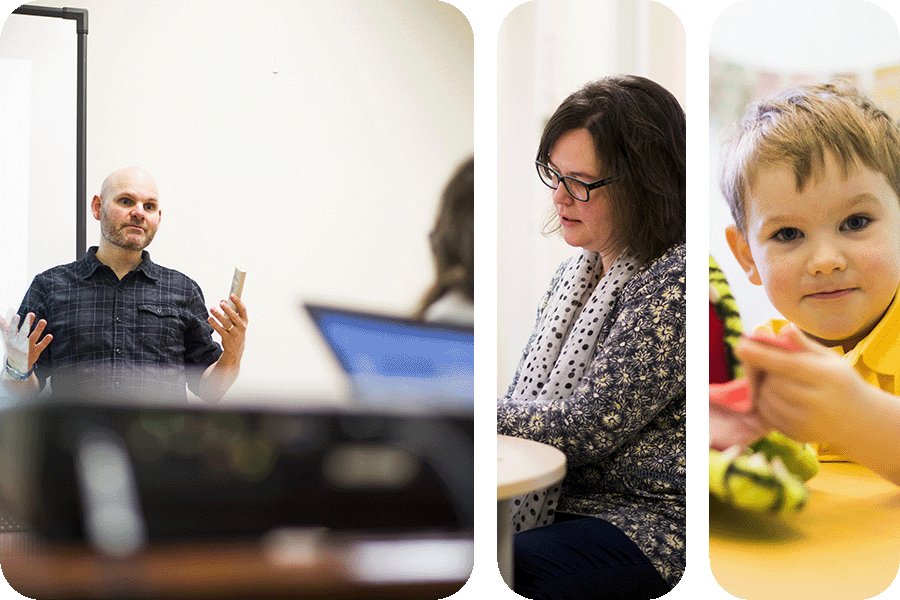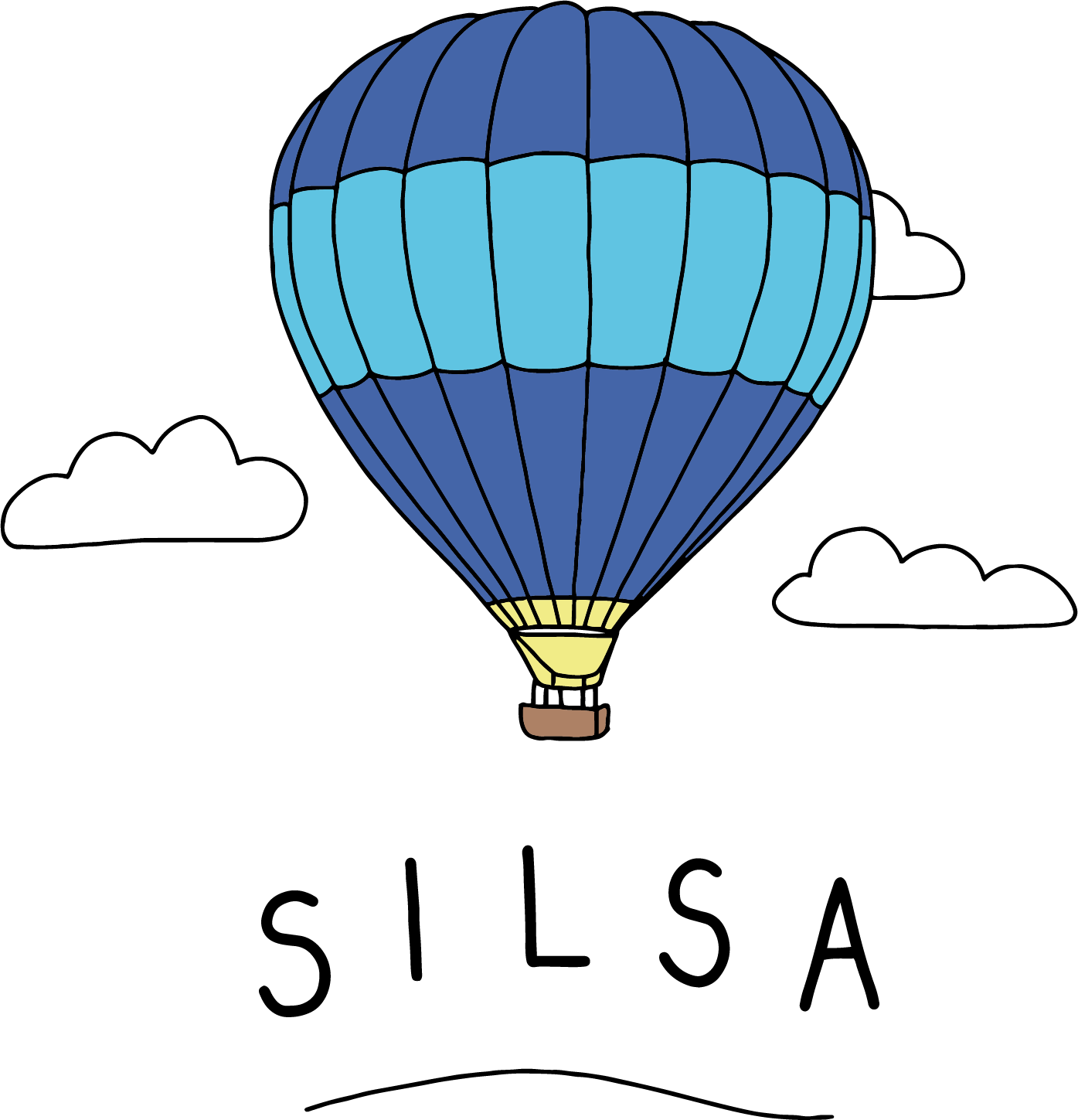Enabling effective support in schools for children with Speech, Language & Communication Needs
Find out more »

Speech and Language Training
Here you will find details of our speech and language training options for supporting pupils with Speech, Language and Communication Needs (SLCN) including the SILSA Programme (Speech, Interaction and Language Support
Assistant) – our innovative approach for Teaching Assistants.
About Us

We are Chris and Hilary Platt and between us we have over 40 years’ experience as hands-on Speech and Language Therapists. We run Springboard Speech and Language and have extensive experience of delivering school-commissioned contracts for mainstream schools.
We are registered with the Health and Care Professions Council (HCPC), the Royal College of Speech and Language Therapists (RCSLT) and we have enhanced DBS checks.

About SLCN
• Around 1.4 million children in the UK have a long-term Speech, Language and Communication Need (SLCN). On average that’s two or three children in every classroom.
• Many more children have difficulties that are potentially transient – in some parts of the UK more than 50% of pupils start school with SLCN. Often these children will be able to catch up if they are identified and if support is provided. However, without identification and support, these children are more likely to continue to struggle academically, socially and emotionally.
• The majority of pupils with SLCN are educated in mainstream schools.
• Children with delayed language skills at five years old are 6 times less likely to achieve ARE in English at age eleven, and 11 times less likely to achieve ARE in Maths.
• Without support, children with SLCN are more likely to develop behavioural difficulties and to have worse emotional health and wellbeing. As adults they have a greater likelihood of mental health problems.
• The link between SLCN and behaviour difficulties / offending is well known. In a recent study (2021), 145 youth offenders were recruited through the Youth Justice Service. 60% were found to have Developmental Language Disorder (DLD). Not one of them had been diagnosed prior to the study.
About SLCN Training
Given the prevalence of SLCN, and its educational and social impact, it is recognised that a school workforce capable of identifying and supporting children with SLCN is essential. However, many teachers say they receive little or no guidance re. SEN / SLCN during their initial teacher training, and school staff often lack confidence with identifying and supporting children with Speech and Language needs.
Whilst training in SLCN may be essential, unfortunately it is not always effective. For example:
✕ Training may not be sufficiently targeted – ‘off the shelf’ training may not meet the specific needs of a school.
✕ Training may be too cursory e.g. a twilight training session on ‘speech and language’. That is like trying to explain the whole of education in an hour and a half.
✕ Training often suffers from a ‘washout effect’ where learning fails to be retained or to transfer to teaching practice.
SILSA aims to change this by working with schools to provide evidence-based, practical, affordable and effective training in SLCN. Find out how.
